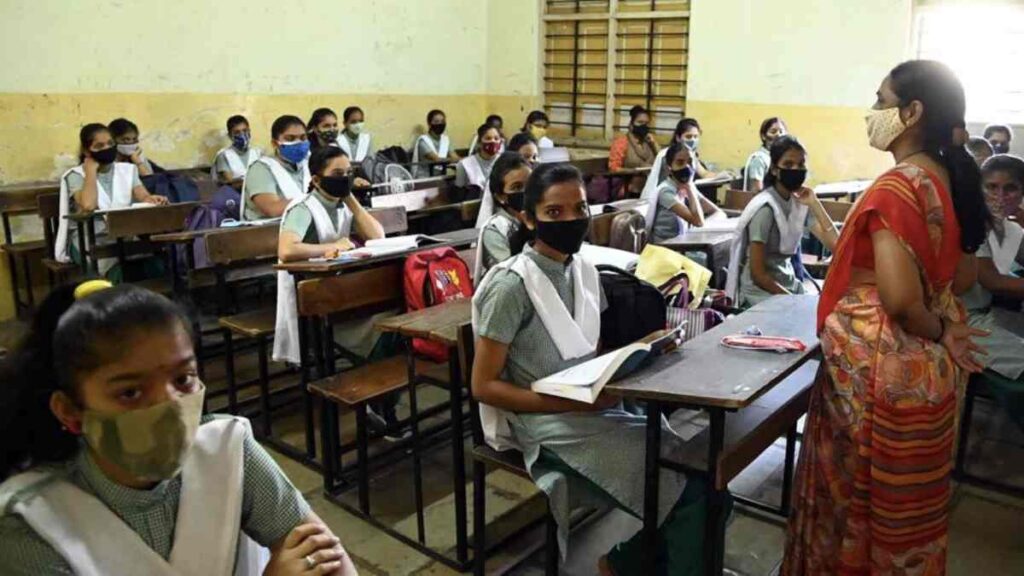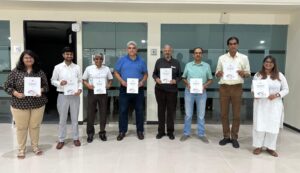Pune: Few Takers for RTE Admissions In Local Schools, New Rules Impact Interest

Pune: Few Takers for RTE Admissions In Local Schools, New Rules Impact Interest
The Right to Education (RTE) Act, aimed at ensuring free and compulsory education for children, is seeing a significant dip in interest among parents this year, with applications for RTE seats drastically lower than the seats available. This decline follows recent changes to the admission rules by the state school education department.
Previously, the RTE admissions included English medium schools, which saw applications greatly outnumbering available seats, with about 80,000 to 90,000 students securing places annually. However, a recent policy shift now restricts RTE admissions to only government, aided, and local body-run schools, primarily offering instruction in the regional language, Marathi. This change has led to a sharp decrease in applications, with only 46,000 applications received against more than 800,000 available seats.
The modifications were made with the intent that students should only seek admissions in self-financing, predominantly English medium schools if no government schools are available in their vicinity. Now, parents interested in English medium education must bear the full cost of tuition, a significant shift from the previous provision under RTE.
Parents have expressed disappointment and frustration over the new system. Mahesh Jambhule, a parent from Katraj, shared that the limited options prompted him to forego the RTE admission process for his daughter altogether. “We wanted to enrol her in a good English medium school under RTE, but all we got were options for government schools, which we could approach directly anyway. So, we dropped the idea,” he said.
The education department’s decision was expected to streamline the process and focus resources but has inadvertently led to a reduction in applications. A senior education officer noted that with the current application rates being lower than the number of seats, most schools would complete admissions without needing a lottery system, a usual practice when applications exceed seats.
With these changes and the ongoing response, it remains uncertain whether even 50,000 students will benefit from the RTE this year, raising concerns about the effectiveness of these policy adjustments in achieving educational equity.







